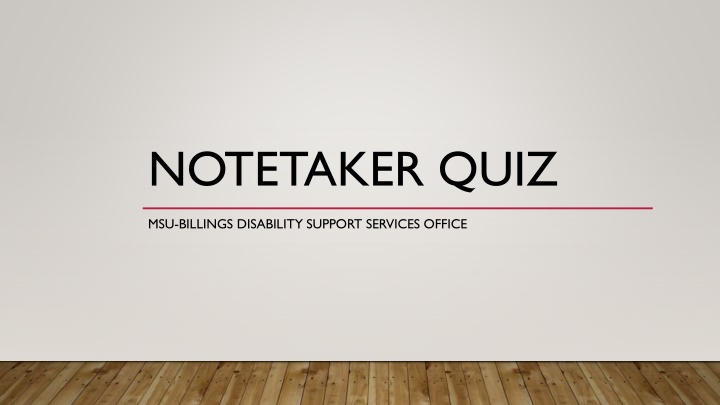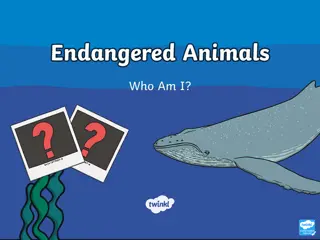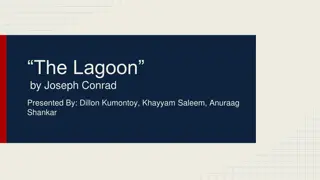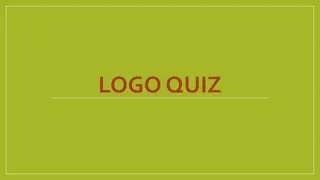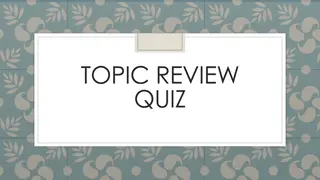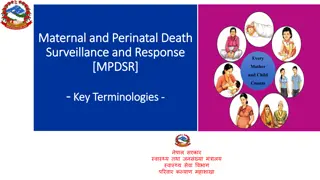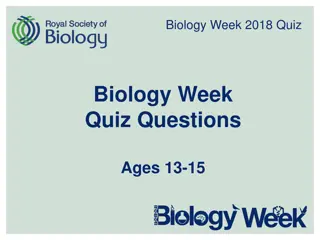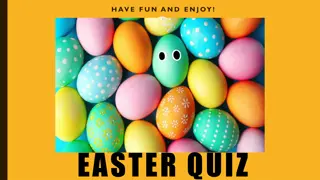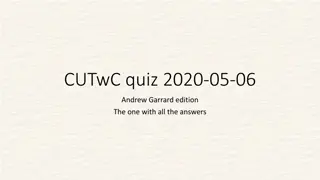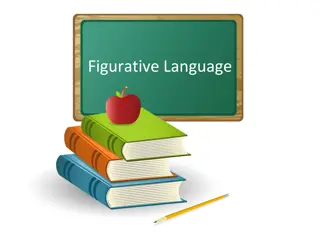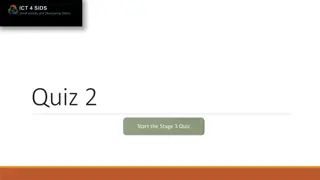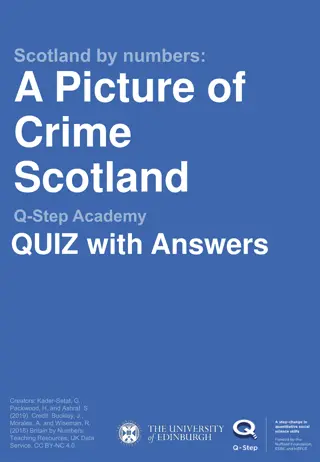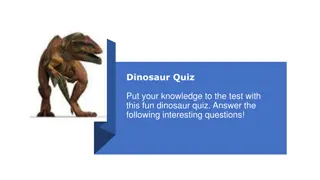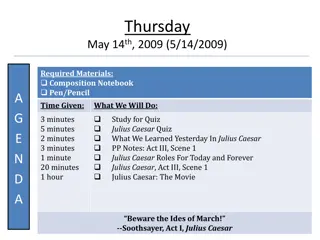NOTETAKER QUIZ
The quiz provided by the Disability Support Services office at MSU-Billings evaluates knowledge about notetaking support for students with disabilities. Questions cover the reasons for providing notetakers, where to bring notes, frequency of submissions, and confidentiality. Test your understanding and learn more about the services offered to support students with disabilities.
Download Presentation

Please find below an Image/Link to download the presentation.
The content on the website is provided AS IS for your information and personal use only. It may not be sold, licensed, or shared on other websites without obtaining consent from the author.If you encounter any issues during the download, it is possible that the publisher has removed the file from their server.
You are allowed to download the files provided on this website for personal or commercial use, subject to the condition that they are used lawfully. All files are the property of their respective owners.
The content on the website is provided AS IS for your information and personal use only. It may not be sold, licensed, or shared on other websites without obtaining consent from the author.
E N D
Presentation Transcript
NOTETAKER QUIZ MSU-BILLINGS DISABILITY SUPPORT SERVICES OFFICE
Q1. WHY DOES DISABILITY SUPPORT SERVICES PROVIDE NOTETAKERSTO STUDENTS WITH DISABILITIES? A. So the DSS student does not have to attend the class B. To help them have a copy of notes that they cannot make because of their disability C. To see how many kind able-bodied students will give DSS students a break
Q2. WHERE DO I BRING MY NOTES A. The DSS student comes to me to get them B. Leave them with the professor C. Bring my notes to the DSS office to copy and leave to the DSS student
Correct, also the DSS student may make other arrangements, like email, if you both are willing
Q3. HOW OFTEN DO I NEED TO TURN IN NOTES A. Just before a test B. Once a month C. Only when the DSS student asks D. Hopefully after each class, but at minimum once a week
Q4. INFORMATION ABOUT THE DSS STUDENT IS CONFIDENTIAL True False
Q5. THE DSS STUDENT NEEDS TUTORING HELP A. Work with them B. Form a study group C. This is not a notetaker responsibility
Q6. I KNOW WHO THE DSS STUDENT IS, AND THEY ARE NOT SHOWING UP FOR CLASS A. Give them notes anyway B. Bring notes to DSS and inform us that the student was not in class the day the notes were made.
Q7. ITS GOOD TO PUT THE COURSE AND DATE AT THE TOP OF EVERYDAY S NOTES True False
Q8. ALL NOTES MUST BE TYPED True False
Incorrect Typed notes are nice, but not required. Legible notes are required! Please also think about making sure to use print instead of cursive, as cursive can be hard to read for some disabilities.
Correct Please also think about making sure to use print instead of cursive, as cursive can be hard to read for some disabilities.
Q9. WHICH ONE IS NOTA GOOD NOTETAKING STRATEGY A. For slideshows, the student can read what is on the slide, write down what the professor says that isn t written on a slide, note what slide the notes are from B. Completely write out the meaning of an abbreviation the first time you use it C. Put your own opinions down D. Writing down due dates and exam dates mentioned during class
Anything that a professor says or writes that is not on a powerpoint is information that the notetaker needs to take down
We all might look back at notes and wonder what an acronym might stand for, helpful to write it out in the notes for you and the DSS student
Any due dates or exam dates are helpful for both of you to know and worthy of your notes. Especially if it is a change from the syllabus!
Correct! The student needs to know only what the professor presents to the class and not confuse your ideas with the professor s ideas. They need to form their own opinions.
